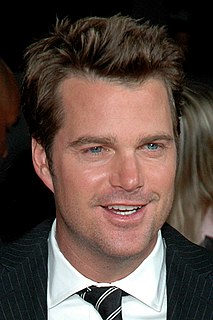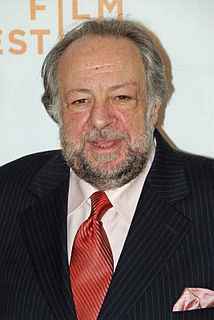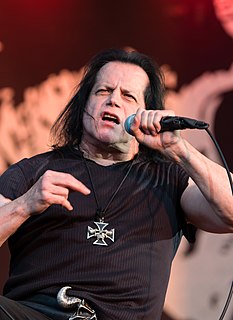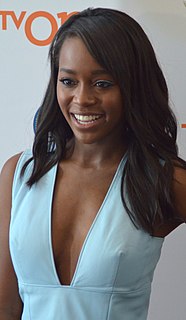A Quote by Marc Guggenheim
I do believe that even if you're the most clever person around and you figure out the 'whodunit' and you're not surprised - that shouldn't prevent you from enjoying the story.
Related Quotes
People always fall in love with the most perfect aspects of each other's personalities. Who wouldn't? Anybody can love the most wonderful parts of another person. But that's not the clever trick. The really clever trick is this: Can you accept the flaws? Can you look at your partner's faults honestly and say, 'I can work around that. I can make something out of it.'? Because the good stuff is always going to be there, and it's always going to pretty and sparkly, but the crap underneath can ruin you.
One of the ways in which writers most show their inventiveness is in the things they tell us about how they write. Generally speaking, I don't like to make a plan before I've written a story. I find it kills the story - deadens it, makes it uninteresting. Unless I'm surprised by something in a story, the reader's not going to be surprised either.
There are people who try to figure things out. Often, magic is presented in a way that sets up a challenge that I actually find kind of appalling. You know, "I'm clever, I can do something, and you don't know what it is." And that instills in the audience the idea that, "Yes, I do. You're not that clever."
I learned as a really young kid, when my dad was telling me one story and my mom was telling me another that, even as a 5-year-old boy, there was no way that both of these stories are true. Something in the middle is true, and I have to figure out what it is, what the truth is, and I never did quite figure that out.
In this day and age, when there are so many people creating work online and writing their own shows, I wouldn't tell another actor, 'If you can do anything else go do that.' I would tell them to figure out the story they want to tell, to figure out what artists inspire you and why, and then figure out a way you can create that for yourself.






































